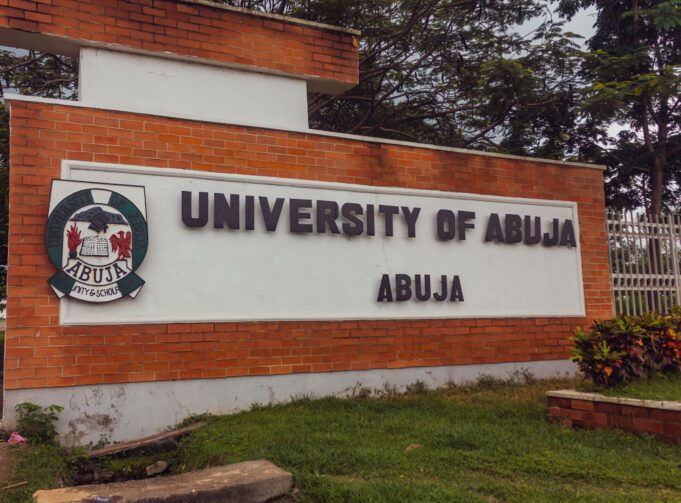No fewer than 10 students of the University of Abuja (UniAbuja) in the Federal Capital Territory are set to receive research grants of N3.7 million.
The Director of the UniAbuja Centre for Undergraduate Research, Dr Taibat Atoyebi, made this known during the third Undergraduate Research Day in Abuja on Wednesday.
According to Atoyebi, the research covers thematic areas such as economic prosperity, food security, educational opportunity, quality health, climate change, environmental protection, and other innovative solutions to societal issues.
“While ten research proposals scale through and are being presented today, some were returned for corrections and upgrades, to be considered in the buildup for the next event.
“However, we are currently receiving applications and proposals from interested groups of students for the next batch of grant.
READ ALSO: US CDC launches HIV treatment programme in Oyo
“Three students who presented their research proposals during the first Undergraduate Research Day are also presenting their final results/research findings today; a highlights of the centre’s achievements so far,” Atoyebi said.
Also speaking at the event, the Vice-Chancellor of the institution, Prof. Abdul-Rasheed Na’Allah, said the idea was aimed at catching them young for the development of the country.
Na’Allah, who was represented by the Chairman of the University of Abuja Research Council, Prof. Abubakar Yusuf, commended the initiative, describing it as a memorable one.
“The programme is significant because research and development are critical to national development and what you are seeing today are presentations from students who have their supervisors as mentors.
“The idea is to cultivate their interest in research and development because, any university that does not have the component of research and development will not be highly rated.
“So when I came in 2019, I saw the need to strengthen the research components of the university.
“I wanted the institution to be research intensive and how to do that was to look at the senior level of research which involves professors and also the students,” Na’Allah said.
- SAHCO wins British Airways Punctuality Award - May 16, 2024
- Students injured in OAU classroom collapse - May 16, 2024
- Emirates Airlines returns to Nigeria, begins Dubai flights Oct 1 - May 16, 2024










